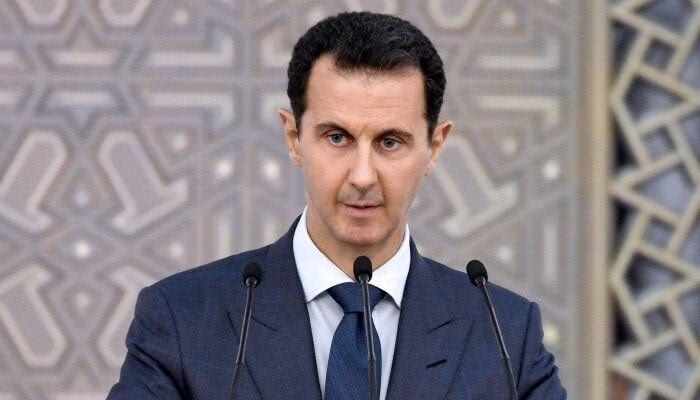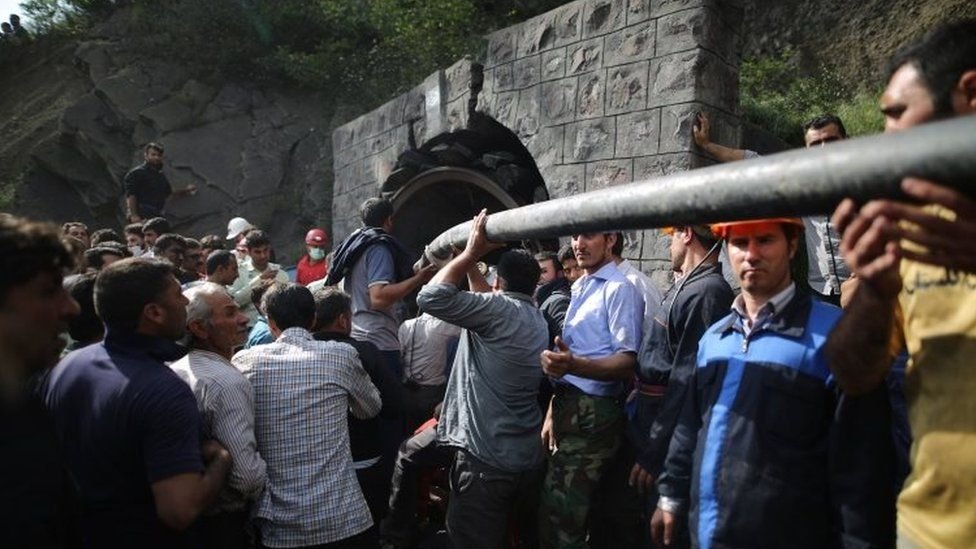Amid escalating tensions in Syria, rumors circulated that President Bashar al-Assad had fled the country, triggering widespread speculation. However, the Syrian presidential palace swiftly denied these claims, asserting that the president remains in Damascus and is fully committed to his responsibilities. This clarification comes at a critical moment as rebel forces continue to make significant advancements toward the capital.
The Rumors and Their Origins
Reports of Bashar al-Assad fleeing Syria emerged amidst the intensification of the conflict. Syrian rebels, who have already seized control of Homs and key areas in the southern region, claimed to be closing in on Damascus. The southern town of Sana’in reportedly fell to rebel forces, heightening concerns about the regime’s stability.
According to a foreign news agency, the rumors of Assad’s departure gained traction after opposition commanders suggested that the regime was losing its grip on the capital. Hassan Abdul Ghani, a senior rebel commander, stated, “Our forces have begun the final stage of encircling Damascus.” The growing momentum of the rebels fueled speculations about the president’s alleged flight.
Adding to the uncertainty, American media reported that senior Iranian military officials, who had been stationed in Syria to support Assad’s regime, had left Damascus for Tehran on a special flight. This development further fueled rumors of the regime’s vulnerability.
The Presidential Palace’s Response
In response to these allegations, the Syrian presidential palace released an official statement via the Syrian state news agency, categorically denying the reports. The statement emphasized that President Bashar al-Assad remains in Damascus and is actively performing his duties. It dismissed the rumors as fabricated propaganda aimed at destabilizing the government during a challenging time.
The Syrian government labeled these rumors as part of a psychological warfare campaign orchestrated by opposition forces. The president has not left Damascus. These false reports are an attempt to weaken the morale of the Syrian people and the army,the statement read.
Syrian Army’s Counteroffensive
While rumors swirled about Assad’s departure, the Syrian army intensified its efforts to counter the rebellion. Syrian Army Chief General Abdul Karim Muhammad Ibrahim addressed the nation, urging citizens not to believe the rebels’ fabricated claims. He assured the public that the military was working relentlessly to contain the insurgency.
“The Syrian army has carried out heavy attacks on the rebels, eliminating a significant number of terrorists,” said General Ibrahim. He further stated that army troops were stationed in rural areas to protect them from rebel advances. “With the cooperation of the people, we will bring this rebellion under control,” he added.
Despite these assurances, the situation remains dire. The rebel forces’ progress toward Damascus poses a severe challenge to the regime, making this one of the most critical phases of the conflict.
Iranian Officials Leave Syria
Amid the unfolding crisis, reports surfaced that senior Iranian military officials had departed Syria. According to American media, members of Iran’s Revolutionary Guard Corps, who have been instrumental in supporting Assad’s regime, left Damascus on a special flight to Tehran. This unexpected move has raised questions about Iran’s continued involvement in Syria’s conflict and its implications for Assad’s regime.
The departure of Iranian officials, combined with the rapid advancements of rebel forces, paints a grim picture for the Assad government. However, the Syrian leadership remains defiant, dismissing these developments as strategic maneuvers by opposition forces to sow chaos and confusion.
Rebels Closing in on Damascus
The rebel forces’ advances have brought them within striking distance of Damascus, marking a significant escalation in the conflict. The opposition claims to have gained control over key areas, forcing hundreds of soldiers and government officials to flee to neighboring Iraq. These advancements highlight the deteriorating security situation and the increasing pressure on Assad’s regime.
Hassan Abdul Ghani, the opposition commander, described the current phase as the final stage of encircling the capital. This declaration underscores the rebels’ determination to overthrow the regime, further intensifying the conflict.
The Bigger Picture
The ongoing developments in Syria reflect the complex and multifaceted nature of the civil war. The conflicting narratives from the government and opposition forces highlight the challenges of discerning the truth in a highly volatile situation. While the presidential palace and the Syrian army project confidence, the rebel advances and the departure of Iranian officials suggest a regime under immense pressure.
The international community continues to watch the situation closely as the conflict’s outcome could have far-reaching implications for the region.
The denial of rumors about Bashar al-Assad fleeing the country underscores the regime’s efforts to maintain control and project stability amid a growing crisis. However, with rebels advancing toward Damascus and key allies like Iran pulling back their presence, the Assad government faces one of its most significant challenges to date.
As the battle for Damascus unfolds, the world will witness whether the Syrian government can withstand the escalating pressures or if this marks the beginning of a new chapter in the country’s prolonged conflict. For now, the president remains in Damascus, but the uncertainty surrounding the situation continues to deepen.


